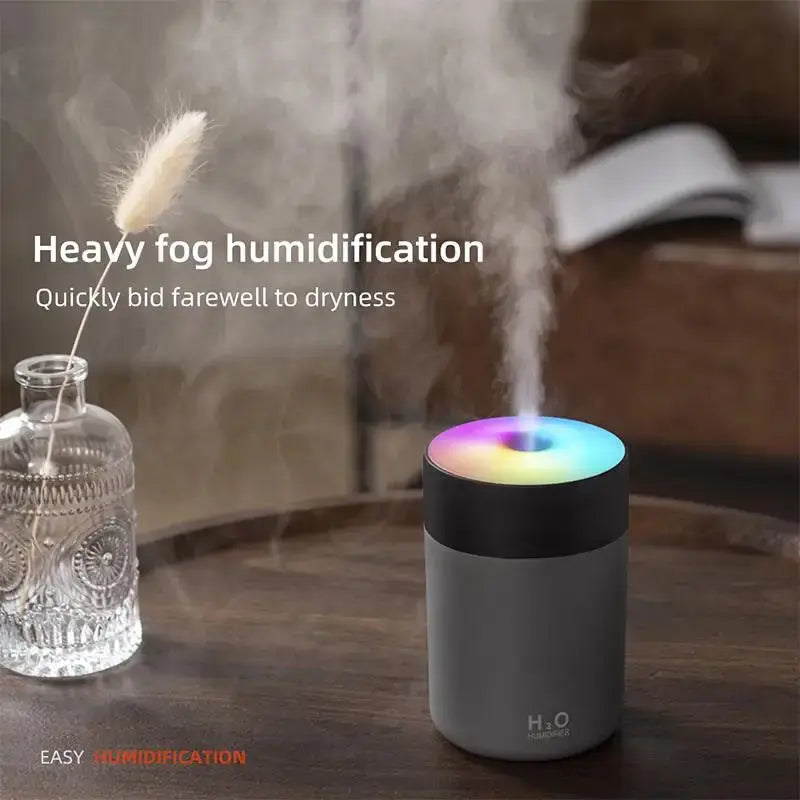
Humidifiers vs Diffusers
Becky RebeccaShare
When it comes to creating a comfortable indoor environment, many people turn to humidifiers and diffusers. But what exactly is the difference between these two devices? Let's dive into the science behind humidifiers and diffusers to understand their unique functions.
What is a Humidifier?
A humidifier is a device that adds moisture to the air in a room. It helps to increase the humidity levels, which can be beneficial for respiratory health, skin hydration, and overall comfort. Humidifiers are commonly used during the dry winter months or in arid climates to combat dry air.
How Does a Humidifier Work?
Humidifiers work by releasing water vapor into the air through various methods such as evaporative, ultrasonic, or steam. The moisture from the humidifier can help alleviate symptoms of dry skin, allergies, and respiratory issues by keeping the air moist and comfortable.
What is a Diffuser?
A diffuser, on the other hand, is a device that disperses essential oils into the air. It is often used for aromatherapy purposes to create a calming or invigorating atmosphere in a room. Diffusers come in different types, such as ultrasonic, nebulizing, or heat-based diffusers.
How Does a Diffuser Work?
Diffusers work by breaking down essential oils into tiny particles and dispersing them into the air as a fine mist. When the essential oils are inhaled, they can have various therapeutic effects on the body and mind, such as reducing stress, improving sleep, or boosting mood.
In conclusion, while both humidifiers and diffusers help improve indoor air quality and create a more comfortable environment, they serve different purposes. Humidifiers add moisture to the air to combat dryness, while diffusers disperse essential oils for aromatherapy benefits. Understanding the difference between these two devices can help you choose the right one for your specific needs.
